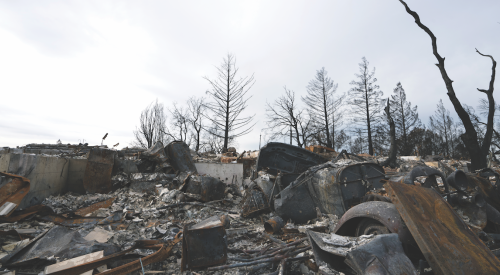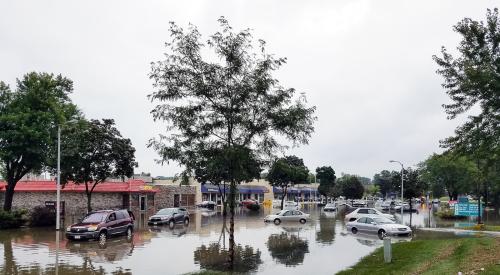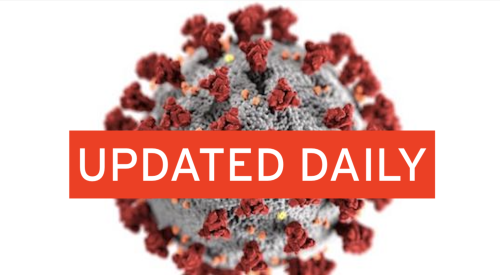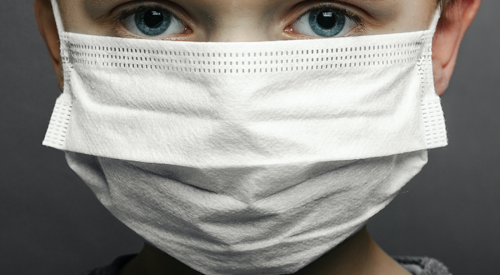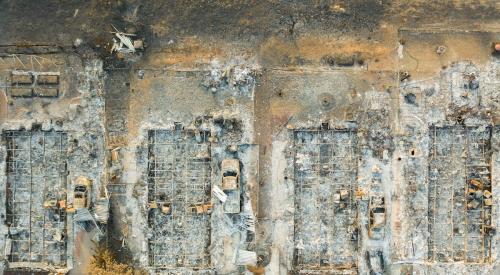Wildfires and hurricanes exert emotional and financial hardship on their own, but combining those natural disasters with a pandemic can further complicate recovery and the availability of shelter for victims.
"I've never seen anything like this," says Randall Bell, CEO of Landmark Research Group, which analyzes real estate after cataclysmic events. "We're always busy [with natural disasters]. This is just overload. The country's psyche is already beat up by everything, and it just keeps piling on."
The confluence of two potential clusters of major disasters, at a time when the nation's economy is reeling from a coronavirus-fueled recession, means that the typical resources for recovery, from housing to insurance adjusters to people's personal finances, will be spread thin. The pandemic itself adds another level of health risk to every interaction, and more delays at every step. And the displacement of tens of thousands of people and potential wide-scale damage to housing are likely to exacerbate a long-running housing shortage and affordability problem, especially in California.
As these natural disasters displace tens of thousands of people, problems with both short- and longer-term housing are already looming. Whether evacuees stay with friends and family or in temporary shelters, there will be an increased risk of transmitting the coronavirus at a time when people are supposed to be staying 6 feet apart. For elderly and immunocompromised people, that's a significant danger.

